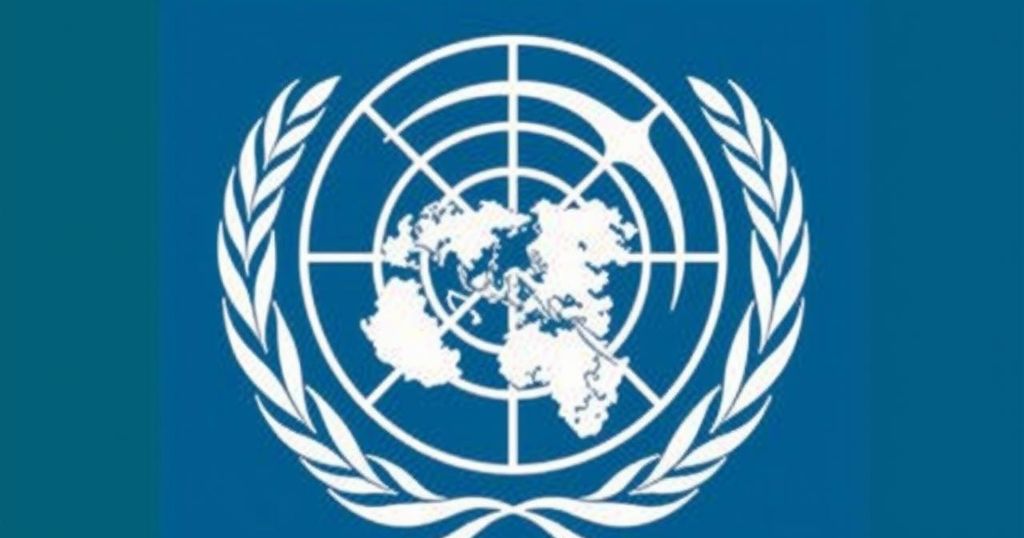Mohamed Maait has officially become the Executive Director representing the Arab Group and Maldives at the IMF. He thanks Egyptian leadership for their support and emphasizes his commitment to strengthening Arab economies through effective financial policies and collaboration. He intends to address challenges related to debt, promote private sector investment, and maximize the benefits of IMF resources for the Arab countries and Maldives.
Former Egyptian Finance Minister Mohamed Maait has assumed the prestigious role of Executive Director and member of the Executive Board at the International Monetary Fund (IMF), representing the Arab Group and the Maldives. In his recent appointment, Maait expressed his heartfelt gratitude to President Abdel Fattah Al-Sisi for placing his trust in him and for the support he received throughout the nomination process. He also extended his thanks to Prime Minister Mostafa Madbouly and other government officials, including ministers and central bank representatives, who contributed to his successful election. Furthermore, he recognized Dr. Mahmoud Mohieldin, his predecessor, for his dedication to advancing the economic and developmental aspirations of Arab nations over his four-year tenure. In a subsequent statement, Maait pledged to increase efforts aimed at bolstering the economies of Arab nations. He intends to promote sustainable growth via cohesive, integrated, and balanced international financial and monetary policies, which are integral to enhancing financial stability and promoting effective public financial management. Importantly, he aims to establish robust, diverse, and sustainable economic frameworks that predominantly benefit developing and middle-income countries. Addressing the pressing issues of debt and financial constraints, Maait highlighted the urgent need for suitable financing solutions to foster development and generate employment opportunities. He emphasized the crucial role of the private sector, advocating for increased investment in a transparent and competitive business climate. Furthermore, he stated that private investments should reach unprecedented levels to facilitate developmental progress and to meet the essential needs of citizens. Looking ahead, Maait is committed to leveraging IMF resources and expertise for the betterment of the Arab Group and Maldives, while enhancing collaboration with regional Arab institutions. He believes that such coordination will be paramount in overcoming internal and external economic challenges faced by Arab nations and the Maldives, ultimately contributing to a more stable and sustainable future. Maait underscored the necessity for adaptable strategies to manage the prevailing uncertainty and the escalating challenges of debt, inflation, unemployment, stagnant economic growth, and the financial pressures stemming from climate change implications.
The appointment of Mohamed Maait as Executive Director at the IMF marks a significant development for the Arab Group and the Maldives, reflecting Egypt’s commitment to regional leadership in international financial discussions. With a focus on growth and development, Maait aims to tackle economic challenges faced by Arab nations, including high debt levels, inflation, and unemployment. His background as Egypt’s finance minister positions him well to advance economic collaboration and to advocate for the interests of developing countries on a global platform.
In conclusion, Mohamed Maait’s recent appointment as Executive Director at the IMF represents a pivotal opportunity for him to influence economic policy and support the growth of Arab economies and the Maldives. His commitment to addressing debt challenges, fostering private investments, and enhancing regional collaboration is crucial for achieving sustainable economic development. Maait’s leadership will be instrumental in navigating the complexities of economic uncertainty and in ensuring that the needs of the populations in these regions are met effectively.
Original Source: www.dailynewsegypt.com






